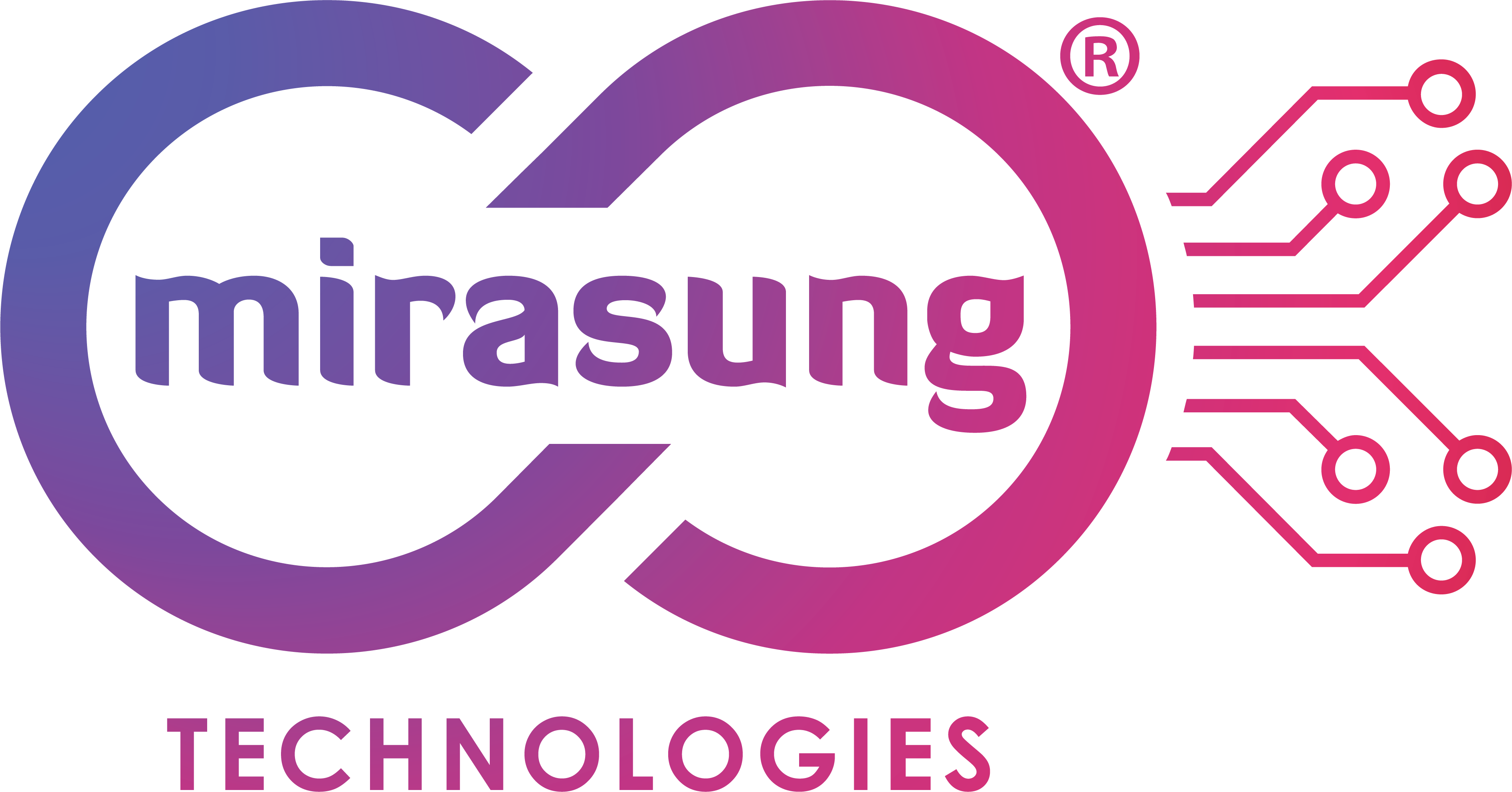FinTech
Revolutionizing FinTech: A Deep Dive into FinTech Software Solutions
In an era where digital transformation is reshaping industries, the FinTech sector stands at the forefront of innovation. Traditional FinTech methods are rapidly being replaced by sophisticated software solutions that streamline processes, enhance security, and provide personalized services to customers. This article delves into the intricacies of FinTech software solutions, exploring their functionalities, benefits, challenges, and the future of FinTech in the digital age.
Evolution of FinTech Software:
Historically, FinTech operations relied heavily on manual processes, leading to inefficiencies and errors. However, the advent of computing technology revolutionized the industry. Early FinTech software solutions focused on automating basic tasks such as account management, transaction processing, and record-keeping. As technology advanced, so did FinTech software, encompassing a wide range of capabilities including online FinTech, mobile apps, and sophisticated analytics tools.
Enquire Now for Tailored IT Solutions!
Looking for reliable IT services and support, custom software development, or AI solutions? Our team is ready to help your business grow with cutting-edge technology. Contact us today to get a personalized consultation!
Key Functionalities of Mirasung FinTech Software Solutions:
Modern FinTech software solutions offer a plethora of functionalities designed to meet the evolving needs of customers and institutions alike. Some key features include:
Digital FinTech Platforms
These platforms enable customers to access their accounts, conduct transactions, and manage finances online or through mobile devices. They offer features such as account balance inquiries, fund transfers, bill payments, and mobile check deposits.
Core FinTech Systems
Core FinTech software serves as the backbone of FinTech operations, managing essential functions like deposit processing, loan management, and customer relationship management (CRM). These systems ensure seamless integration between various FinTech channels and facilitate real-time transactions.
Risk Management Tools
FinTech software solutions incorporate robust risk management modules to monitor and mitigate potential threats such as fraud, money laundering, and cybersecurity breaches. Advanced analytics algorithms analyze vast amounts of data to detect suspicious activities and safeguard sensitive information.
Personalized Customer Services
Leveraging data analytics and machine learning algorithms, FinTech software enables institutions to offer personalized services tailored to individual customer preferences and behaviors. From targeted marketing campaigns to customized financial advice, banks can deliver enhanced customer experiences and foster long-term relationships.
Benefits of FinTech Software Solutions:
The adoption of FinTech software solutions offers numerous benefits for both banks and customers:
Improved Efficiency
Automation of routine tasks and streamlined workflows result in increased operational efficiency, allowing banks to process transactions faster and reduce overhead costs.
Enhanced Security
Advanced security features such as multi-factor authentication, encryption, and biometric identification mechanisms bolster the protection of sensitive financial data, reducing the risk of fraud and unauthorized access.
Greater Convenience
With 24/7 access to FinTech services via online and mobile platforms, customers enjoy unparalleled convenience and flexibility in managing their finances anytime, anywhere.
Enhanced Decision-Making
Data-driven insights generated by FinTech software empower institutions to make informed decisions regarding product development, marketing strategies, risk management, and resource allocation.
Conclusion:
Mirasung FinTech software solutions are at the forefront of the digital revolution in the financial services industry. By embracing innovation and leveraging cutting-edge technologies, banks can enhance efficiency, security, and customer satisfaction, paving the way for a more inclusive and accessible FinTech ecosystem. However, addressing challenges such as integration complexity, regulatory compliance, and cybersecurity risks is crucial to unlocking the full potential of FinTech software solutions and shaping the future of FinTech for generations to come.

